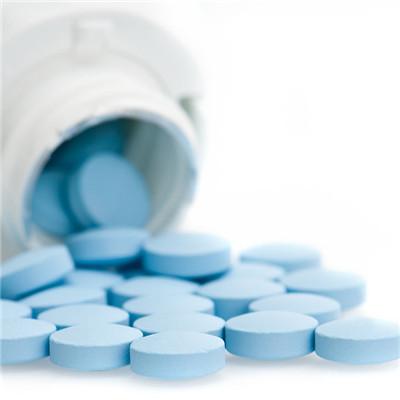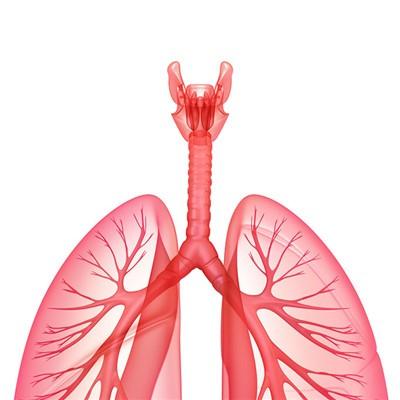Symptoms of viral cold in children
summary
Viral cold in children is an acute respiratory infectious disease caused by influenza virus. Through droplet transmission, the virus mutates and is easy to cause a pandemic. Children are the high incidence group of viral cold. The causes of the disease are related to cold and improper diet. After the onset of the disease, children will have symptoms of discomfort. Tell us about the symptoms of viral cold.
Symptoms of viral cold in children
1. Acute onset, short course, common clinical symptoms are high fever, drowsiness and fatigue, throat discomfort, limb pain, nasal congestion, runny nose, dry cough, etc. Physical examination showed that the face was flushed, the throat was red, swollen and congested, and there were rales in the lungs. The fever lasted for 3 days, and the symptoms of drowsiness and fatigue were relieved after the fever subsided, but the symptoms of drowsiness and fatigue still appeared before the disease was cured.
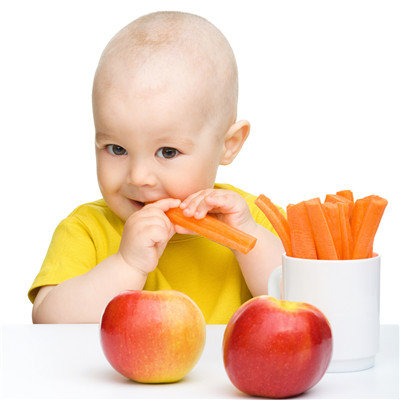
2. The main symptoms were sneezing, nasal congestion, runny nose, dry throat, sore throat, cough, hoarseness and so on. The symptoms of viral cold are more serious than those of common cold, and patients will feel more uncomfortable and uncomfortable.
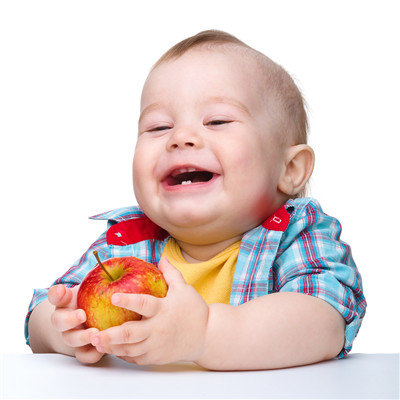
3. The general symptoms are headache, aching, fatigue, loss of appetite, or no fever, or low fever, or high fever, chills and other symptoms. The course of disease is generally 3-7 days. It turns out that the vast majority of colds are caused by viruses, accounting for 90% or more! Therefore, more than 90% of the common colds are viral colds, and the rest are bacterial colds. According to the probability, it is very important to understand the symptoms and treatment of viral colds.
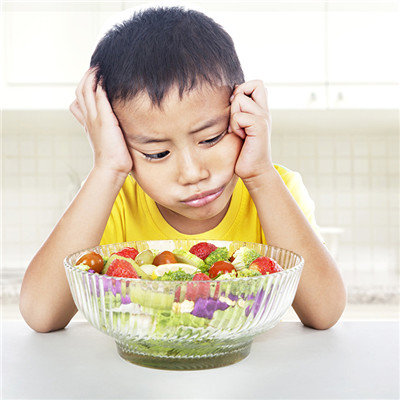
matters needing attention
After getting a viral cold, you should pay attention to rest, especially drink more hot water, and wipe your whole body with warm water when you have a high fever. If you want the viral cold to get better quickly, you should not only take medicine, but also let the child drink more water, which can supplement body fluid and help cough up phlegm. You should also eat more vegetables and fruits, supplement vitamins, and rest in bed. The room should be often ventilated, and the diet should be light and easy to digest.
